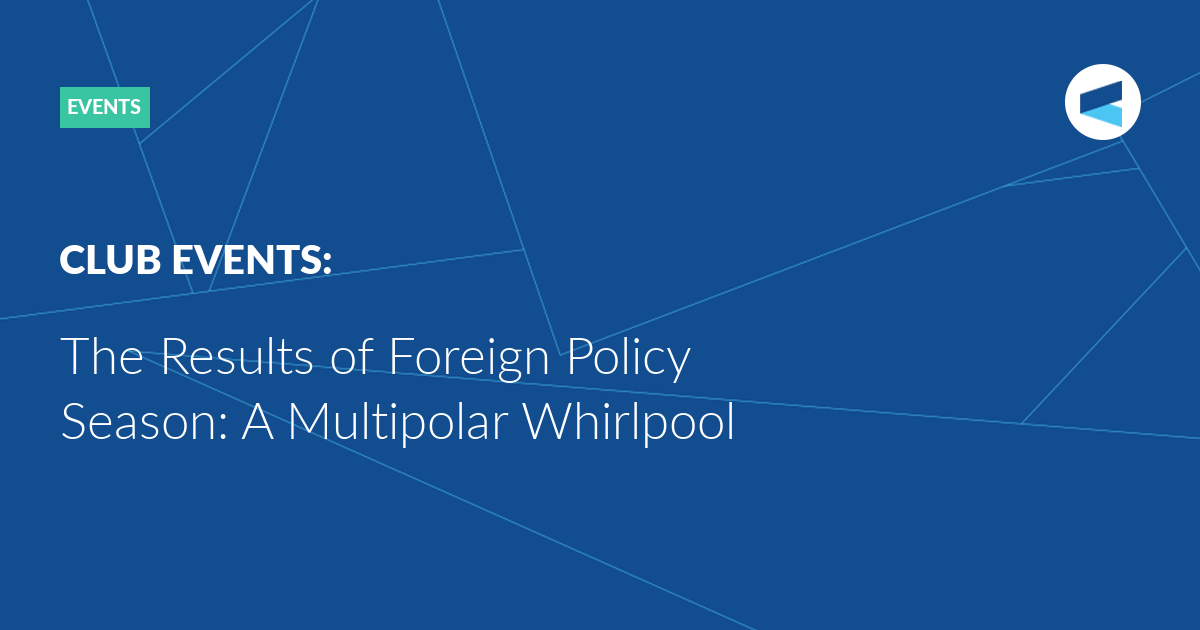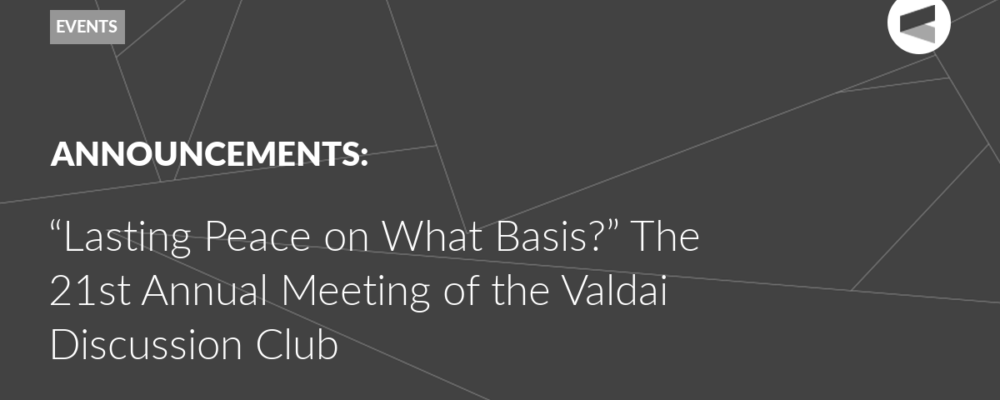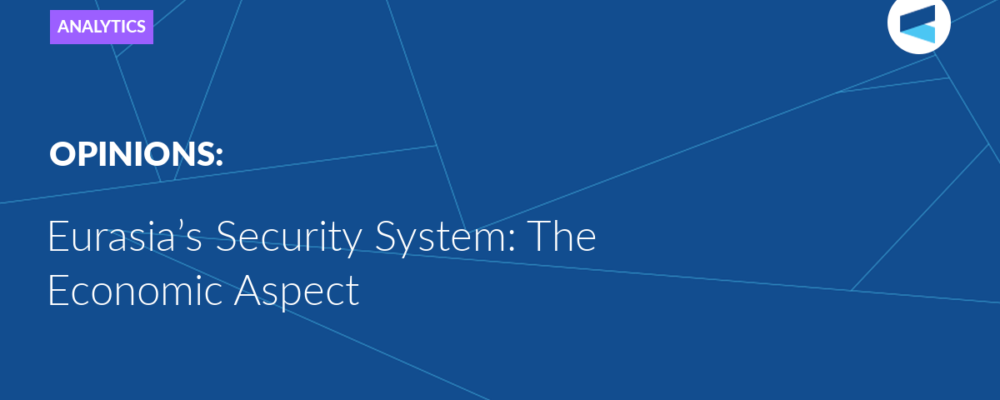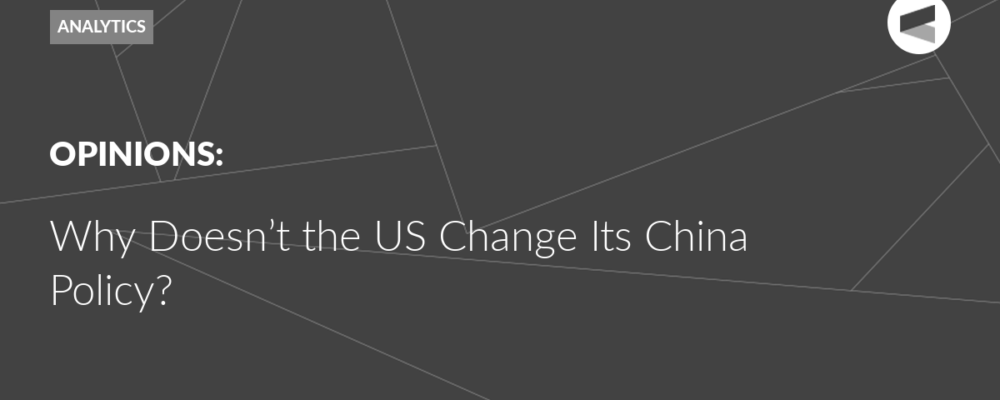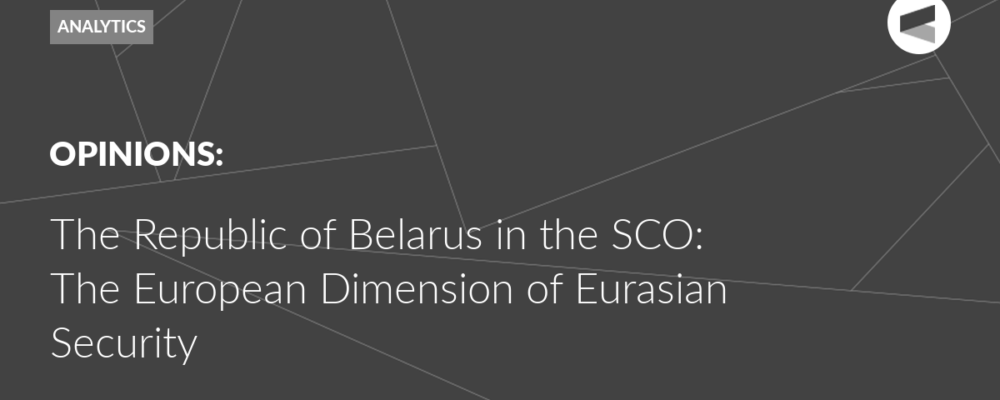On July 10, 2024, the Valdai Club hosted an expert discussion, titled “Russia in the World: Results of the Foreign Policy Season 2023-2024”. Moderator Ivan Timofeev called this season quite eventful. He highlighted the emergence of the concept of a Eurasian security structure in Russian foreign policy philosophy, the expansion of BRICS, Vladimir Putin’s visits to the DPRK and Vietnam, deepening interaction with Iran, joint exercises with China, Russia’s presence in the Atlantic Ocean, the development of the Ukrainian conflict, and the failure of the Swiss summit. “We are in the centre, in a whirlpool of events, however, it is under control,” Timofeev concluded.
“The world has changed dramatically since February 2022 and continues to change. What happened in February 2022 was the culmination of trends that have developed over the past decades, said Russian Deputy Foreign Minister Andrei Rudenko. “We were waiting for this, preparing for it, but it was difficult to be fully ready for such dramatic and tectonic shifts.” Now the world is completely different – the era of Western dominance is ending, new centres of power are emerging among the countries of the Global South, and Russia occupies a special place as a Eurasian power with its own geopolitical priorities, he stressed. The new world order is not being formed easily, it is in its initial stage, and both the academic community and practitioners are faced with the task of developing its norms and fixing them, perhaps, in some doctrinal documents. Speaking about how Russian diplomacy is responding to the transformation of the international order, Rudenko focused on Asia, providing a brief outline of the dynamics of relations with China, Iran, India, North Korea and the ASEAN countries and the challenges Moscow faces in the Asia-Pacific region. “We have done a lot of work and laid good foundations for future steps, which will allow Russian business to increase its presence,” he emphasised.
Vladimir Chizhov, First Deputy Chairman of the Federation Council Committee on Defence and Security, presented a brief outline of the situation in Europe. He noted that Europe today prefers to associate itself more with the Euro-Atlantic than with Eurasia, and called this a conceptual mistake. According to him, Russia has always advocated for the European Union to be an independent centre in a multipolar world, but the Europeans have chosen the opposite path, turning Europe into an appendage of the United States, and the EU into an appendage of NATO. Now the countries of the European Union are undergoing serious changes associated with a generation change of the elite. The new generation positions itself primarily as Europeans, and not as representatives of their countries. As for relations with Russia, in the eyes of the European Union it gradually turned from a strategic partner first into a strategic opponent, and later into the main enemy. NATO, which had lost its reason for existence, also regained it in the confrontation with Russia.
David Monyae, Director of the Centre for China-Africa Studies at the University of Johannesburg, spoke about Russian-African relations. He recalled that the Soviet Union had played an important role in the liberation of the African continent. However, after gaining political independence, the African countries did not gain economic independence. The USSR again came to the rescue, offering cooperation that strengthened the economic autonomy of the newly independent countries. Russia inherited this special relationship. In the transition from a US-dominated world order to a multipolar world, the African countries prefer to stay away from the struggle between the superpowers; they reject the idea of a zero-sum game, strive for non-alignment and choose neutrality. A zero-sum game undermines shared prosperity and does not create an environment of security. It’s time for the world to come to terms with the reality, that it has different systems, not just liberal democracy, Monyae said. Africa and Russia are united by the fact that they advocate respect for strategic interests and global reforms of international organisations. Russia supports Africa’s desire to take a more worthy place in the international system.
Alexey Krivopalov, Senior Research Fellow of the Central Asia Sector, Fellow of the Post-Soviet Studies Centre, IMEMO, raised the issue of military operations in Ukraine and the connection between foreign policy, military-strategic and operational-tactical horizons in this context. He emphasised the hierarchical nature of this relationship: politics dictates military strategy, not the contrary. According to Krivopalov, while Russia’s foreign policy position looks exceptionally strong, and at the military-strategic level the picture as a whole does not cause concern, then at the operational-tactical level, from the very beginning of the political season under discussion, the unresolved problem of positional balance still remains, and tactics do not have simple recipes for overcoming. “However, operational and tactical difficulties tend to be resolved,” Krivopalov added. He called this a reason to look into the future with cautious optimism.
The Valdai Discussion Club was established in 2004. It is named after Lake Valdai, which is located close to Veliky Novgorod, where the Club’s first meeting took place.
Please visit the firm link to site


